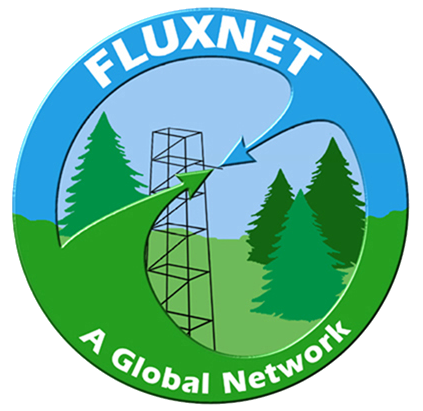AmeriFlux hosted a wonderful 3-day conference during September 20-22, 2021, providing great opportunities to brainstorm new ideas, present new research on eddy covariance fluxes, and a space to catch up with colleagues. Among all the events, early career scholars and students played an active role in participating in breakout discussions, presenting research, and exploring career opportunities. The FLUXNET Early Career network successfully hosted two events during AmeriFlux Annual Meeting 2021: 1) Career Mentor Panel for Early Career Researchers and 2) Beyond the Professoriate Workshop for Early Career Researchers. If you missed events, recorded presentations are available on our YouTube channel (https://www.youtube.com/ameriflux). The poster session of the AmeriFlux Annual Meeting 2021 is also still available for registered participants for a limited time. Below are highlights of the ECN events and participants, to whom we are grateful for their knowledge and contribution to our community.
During the Career Mentor Panel on the first day, we invited six panelists with different career paths to share their career experiences with early careers. George Burba is a Science and Strategy Fellow at LI-COR Biogeosciences. He works on instrument concepts and inventions. He gave advice on how to find an industry job, and how to transfer the skill and knowledge gained from Ph.D. training to an industry career. Russel Scott, a research scientist at USDA and PI for a few Ameriflux sites, gave advice to people who are interested in pursuing a career in government, including how to find a relevant job posting, the skill set required, and what a normal day looks like working in USDA. Stefan Metzger, a principal scientist at NEON, shared his interests in ecology and Chinese, which led him to a career of studying eddy covariance in China. He also talked about the work he is doing now in NEON about processing flux data. Christian Frankenberg is a Jet Propulsion Laboratory research scientist and professor at Caltech. He shared insights on how to land a faculty position, the difference between faculty in universities and research scientist working in a national lab. Gilberto Pastorello is a research scientist in the Integrated Data Frameworks Group at the Lawrence Berkeley National Laboratory. He shared his experience working on managing the life-cycle of scientific data, encompassing data and metadata structures and linkages, data quality, and data uncertainty quantification. Natasha MacBean is an Assistant Professor in the Department of Geography at Indiana University. She talked about her career path from the UK, to Pair, and now to the U.S, and the challenges and ways to overcome them as a new professor. Attendees had the opportunity to chat with each of the panelists in separate breakout rooms and to ask specific questions about their careers.
On the second day, we invited Dr. Maren Wood to give the Beyond the Professoriate Workshop. Dr. Wood shared a framework for students and early career researchers to identify self-interest, develop necessary skills, and be successful in landing a dream job, especially for a non-academic career. When communicating with potential employers, remember to share what you do broadly (e.g., manage teams, communicate results to stakeholders and investors) rather than narrowly focus on the activities you’ve accomplished. This gives employers in the private sector a grasp at how you can tackle the job, which may be less related to a dissertation. To manage your job search, relate your tasks to one of three skill sets: 1) technical, 2) interpersonal, and 3) personal qualities. Identify this in job ads and mimic the language in your application and/or interview. Dr. Wood hosts a variety of free resources on her website for additional tips and tricks at https://beyondprof.com/.
This year, AmeriFlux provided a Job Lounge on Gather, the virtual conference venue, where job seekers and hiring managers can connect informally. Many early-career and students who are on job markets found this especially helpful.
FLUXNET ECN workshops are generated from feedback and community brainstorming. If you have ideas on what you would like to learn during the next FLUXNET or AmeriFlux early career events, let us know via email at [email protected]! Joining a planning committee is another great way to become involved in the community, network with leading scientists, and build your professional experience.
